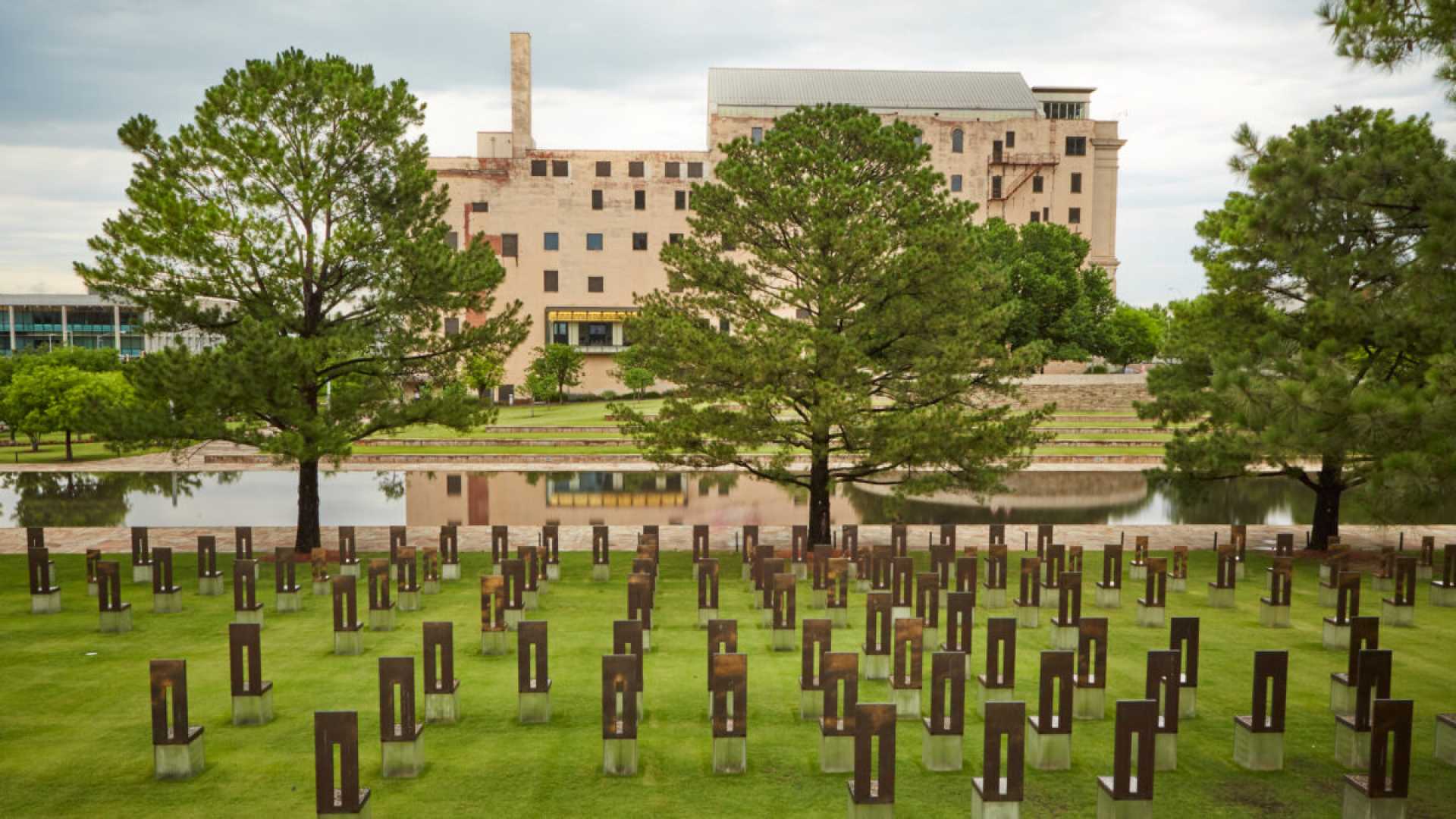News
30 Years Later: Oklahoma City Bombing’s Lasting Impact on Domestic Terrorism

OKLAHOMA CITY, Okla. — On April 19, 2025, the nation commemorates the 30th anniversary of the Oklahoma City bombing that claimed 168 lives, including 19 children. The attack, carried out by Timothy McVeigh, is remembered as one of the deadliest acts of domestic terrorism in U.S. history.
At 9:02 a.m. on that fateful day in 1995, a bomb exploded at the Alfred P. Murrah Federal Building. This incident jolted the American public into recognizing a stark reality: domestic terrorism represents a serious threat. McVeigh, an Army veteran, justified his actions as part of a personal war against the federal government.
“What happened on that day is a reminder of how terrorism can manifest within our own borders,” said Bill Clinton, former President of the United States, reflecting on the bombing’s significance. The event forced the government and citizens alike to reassess their understanding of terrorism as a primarily foreign concern.
In the years leading up to the bombing, federal law enforcement focused predominantly on threats from left-wing groups. According to reports, this oversight contributed to a lack of preparation for dangers posed by right-wing extremists. The 1993 World Trade Center bombing had redirected attention towards foreign hazards, leaving many shocked when the true source of violence emerged from within.
Immediately following the explosion, speculation swirled regarding the perpetrators. NBC News reporter Connie Chung echoed the widespread belief, saying, “A U.S. government source has told CBS News that [the bombing] has Middle Eastern terrorism written all over it.”
Survivor Fran Ferrari shared her initial thoughts on the attack, stating, “I thought it was a group of terrorists from the Middle East. It was just anger. I thought, ‘How dare you ever do this, here in the United States.’” This fear led to a spike in Islamophobia, prompting attacks against Muslim Americans in the following days.
Clinton remained composed amid the chaos, reminding the nation, “I said, ‘Everybody’s going to think this is a foreign terrorist incident.’ But I thought it was very important not to make that assumption.” His foresight proved pivotal when McVeigh was ultimately revealed to be a homegrown terrorist.
Described initially as a model citizen, McVeigh’s past included service in the Gulf War. However, he became increasingly radicalized, believing the government was infringing on civil liberties, particularly on gun rights.
The Waco siege in 1993, where a standoff with the Branch Davidians resulted in the deaths of 76 individuals, greatly intensified McVeigh’s anti-government sentiment. This incident notably influenced his decision to carry out the bombing.
Before the bombing, McVeigh warned his sister, “Something big is going to happen in the month of the bull,” alluding to his plan. Authorities tracked him down swiftly through the remnants of the rental truck used in the attack.
“You never thought this would happen here, never Oklahoma City, never home,” expressed Robin Marsh, a journalist in the immediate aftermath of the bombing. Her sentiments echoed the disbelief shared by many Oklahomans.
The bombings brought to light the dangerous potential of domestic extremists. Following McVeigh’s arrest, the FBI dramatically increased its focus on domestic terrorism cases, escalating from fewer than 100 to around 1,000 investigations.
Despite progress made, the focus shifted again on September 11, 2001, following a wave of international terrorism by Al Qaeda. However, domestic extremism has surged in the 21st century. According to the Center for Strategic and International Studies, there were more domestic terrorism incidents between 2018 and 2023 than the combined total from 1994 to 2017.
In the wake of the January 6, 2021 attack on the U.S. Capitol, FBI Director Chris Wray conceded that the ideological legacy of McVeigh endures, reshaping extremist narratives in recent years. As Clinton remarked, “April 19th, 1995, still matters. It shows you how wrong things can go…and how horrible the consequences can be when someone who feels politically and personally alienated thinks there’s no sensible alternative to mass violence.”












